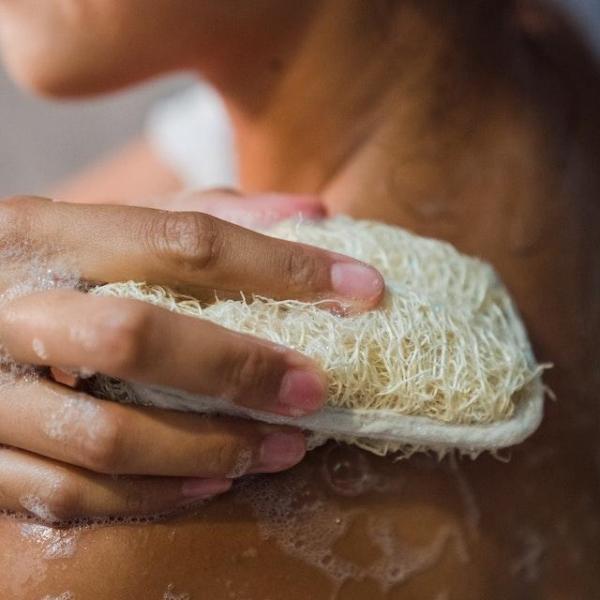Types Of Personal Hygiene and Best Practices to Maintain it:-
1. Oral hygiene
The fundamental goal of oral hygiene is to keep your mouth healthy and free of diseases. It takes more than just brushing your teeth to practise good oral hygiene. A healthy habit will also prevent problems like gum diseases and cavities. Additionally, it will stop bad breath.How To Keep Your Mouth Clean
●Brush two times, in the morning as well as before sleeping at night.
●At least once per day, clean your tongue.
●To clean in between the teeth, use floss.
●After eating anything, try to use mouthwash.
●Regularly visit the dentist.
2. Body Hygiene
In your body, there are several sweat glands. Bad body odour is produced when sweat and external germs combine. Washing your body will help you get rid of the impurities on your skin as well as fight the odour.Taking a shower daily will maintain your skin free of external bacteria. Additionally, it will lessen the likelihood of skin irritation. Additionally, exfoliating your body parts will remove dead skin cells, leaving your skin smooth and radiant.
How to Keep Your Body Clean
●Every day, take a shower with soap or cleaning gel.
●At least once every week, scrub your face, legs, back, and arms.
●Shampoo your hair once per week.
●Every time you return from outside, wash your face, hands, and feet.
3. Washing hands
We touch different surfaces with our hands. This makes it simple for germs, viruses, and bacteria to enter our bodies. Thus, one of the most crucial components of personal hygiene, especially in the modern era, is hand washing. You can avoid serious infections by simply washing your hands.How to Keep Your Hands Clean
●Both before and after preparing food, wash your hands.
●Prior to eating, wash your hands.
●After using the restroom, wash your hands with soap.
●Make sure to properly clean your hands before treating anyone who is vomiting, having diarrhoea, or is otherwise ill.
●After handling your dogs, always wash your hands.
●Remember to wash your hands after changing your baby's diaper. Your infant will benefit, as well as you.
4. Nails
Germs can be easily transferred by dirty fingernails. Long-nailed individuals are more prone to infections. Fingernail bacteria travel to the skin when you use your nails to scratch acne or pimples. This can make the acne worse. Thus, maintaining clean nails is crucial.How To Keep Your Nails Clean
●Keep your fingernails short and trim them regularly.
●Use soap and water to clean your nails. A nail brush can also be used to clean them.
●After each usage, wash your nail-cleaning device in warm, soapy water.
5. Genital hygiene
Your genitals require special care because they are a sensitive part of your body. You could get severe problems including urinary tract infections if you don't clean the area.How to Practice Genital Hygiene
●Every time you use the bathroom, wash your genitals.
●Dry the area with a gentle towel because itchy skin might result from moist skin.
●Avoid using public restrooms as often as you can.
●Each day, change your underwear.
Poorly groomed individuals may experience small to serious health issues. Thus, sustaining proper personal cleanliness is crucial to enhancing one's general health.







